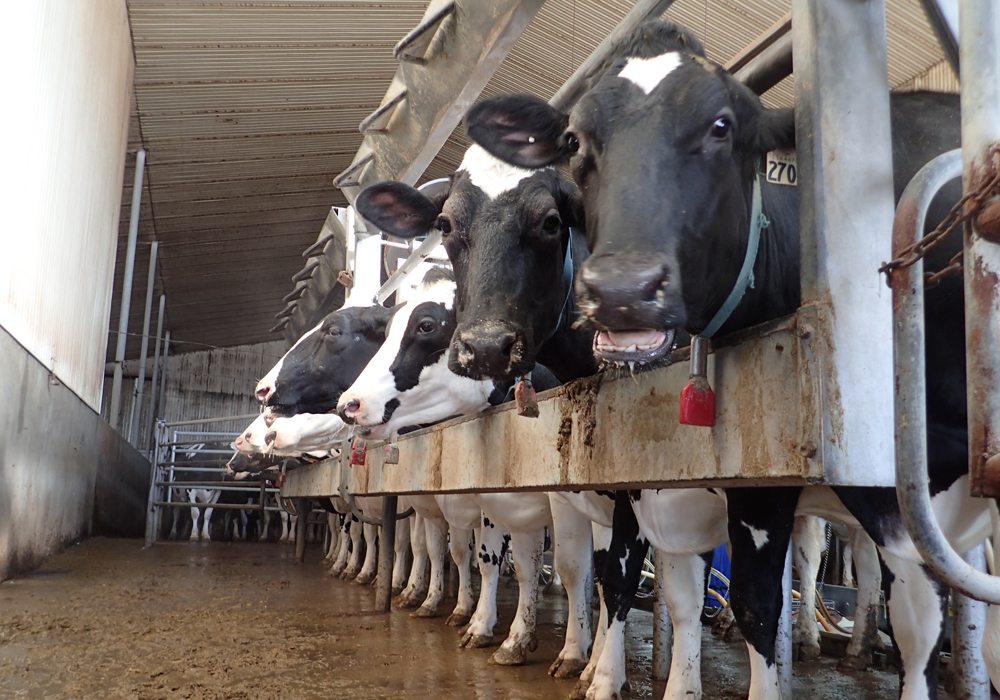 Farmers convinced that supply management has public support and will survive domestic and international pressure
Farmers convinced that supply management has public support and will survive domestic and international pressure
Dairy supply management might appear to be jeopardizing Canada’s trading relations in many parts of the globe and drawing a lot of fire, but its defenders seem more confident, defiant and optimistic than they have for years.
At the Manitoba Dairy Conference, a string of supply management supporters expressed belief that their industry structure can survive the attacks it constantly faces.
“The reality is, it’s probably only under threat as much as we choose to let it be,” said Alistair Johnston, chair of the Canadian Dairy Commission.
“If we fight tenaciously for it … there’s every expectation it will continue.”
Supply management is a lightning rod during many trade negotiations, such as the recently completed free trade agreement with the European Union, in the aborted Trans-Pacific Partnership talks and during the current North American Free Trade Agreement negotiations.
Foreign dairy producers typically want to eliminate or minimize Canada’s extreme import controls on dairy products, seeing Canada’s high dairy retail prices as a tempting market for their products.
Europe managed to get a small slice of Canada’s dairy market in the Comprehensive Economic and Trade Agreement, but when TPP failed, the small slice to be given to Pacific Rim partners disappeared.
The federal government has resolutely backed dairy supply management, almost derailing the recently revived non-U.S. TPP talks by defending it and not giving in to U.S. demands to dismantle it during the NAFTA negotiations.
The Liberal government has traditionally supported the heavy regulatory superstructure of the supply management industries, but that support also came from the Conservative government during its most recent reign, making supply management support a rare area of cross-party policy agreement.
Economists and consumer representatives condemn supply management for its price-boosting and growth-strangling impact, but that has not caused the Canadian public to rebel against the system.
This has allowed the dairy industry to take a hard line with its demand for future trade deals.
The industry position is that there be “no negative impact” from future trade deals, said Pamela Harrods, assistant director of policy for Dairy Farmers of Canada.
That means the slice of Canada’s dairy market offered in the original TPP should be taken off the table for the TPP11 negotiations.
“We have to have a change to market access concessions since the U.S. is no longer there,” said Harrod.
The DFC is in “constant contact” with the Prime Minister’s Office, and DFC will continue to “express our support for the prime minister for standing up for a better deal for Canada,” Harrod said.
David Wiens, Manitoba Dairy Farmers chair and DFC vice-chair, said the dairy industry works hard to win public favour through comprehensive advertising, lobbying, communications strategies and food and nutrition programs, and that appears to be keeping the public on-side.
“Protecting and enhancing the image of dairy farmers in Manitoba, but also in Canada, is very much part of what we’re doing as well, very deliberately,” said Wiens.
Source: Western Producer









